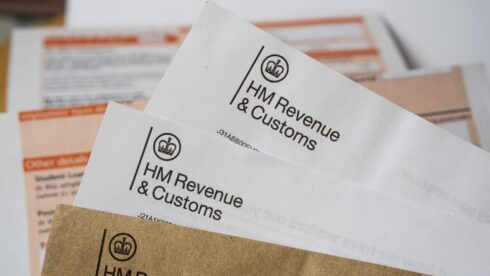DIVIDEND TAX – WHAT IS IT? HOW MUCH DO I HAVE TO PAY?
Melanie Richardson
15/10/2018
When you own shares in a company, you can earn money from them in two ways: by selling the shares after they have grown in value, or by receiving dividends paid by the company. Dividends can be a useful way of generating extra income but as ever, you may have to pay tax on them. This article will discuss dividend tax for the 2018/19 financial year, what it is, how much you have to pay and when you’ll need to pay it.
If you opt to sell your shares for a profit you may be liable for Capital Gains Tax that you can read about and understand how to reduce, in our new article HERE.
What is dividend tax?
Dividend tax is a tax that you pay on any dividends that you receive from your shareholdings. The tax on dividends is lower than the rate you pay on income from work or your pension. There is also a tax free dividend allowance which means that you can earn more from dividends before you have to start paying tax.
How much will I have to pay?
For the 2018/19 tax year the dividend allowance is £2,000, which you can receive free of tax. If you receive over £2,000 in dividends, you will have to pay tax based on your tax band. The dividend tax rates for 2018/19 are as follows:
Basic rate 7.5%
Higher rate 32.5%
Additional rate 38.1%
However, if you don’t receive much in the way of other income, you might also be able to use your personal allowance. It is also possible to receive dividend income tax free if your shares are in a stocks and shares ISA.
Tax on equity investments
Dividend tax also applies to income you receive from funds that invest in shares on your behalf. For more information on this contact our tax partner, Robin Stevenson for more information using the contact details below.
Reducing dividend tax payments
Since the Chancellor reduced the dividend tax free allowance from £5,000 to £2,000, business owners who have traditionally paid themselves dividends as a more tax efficient alternative to salary have lost out. Small businesses with a couple of employees will therefore feel the effects more, as will those with non-ISA and pension investments above £50,000.
There are ways to reduce your liability against the encroachment of dividend tax. The main line of defence is to consider moving holdings into a wrapper which will involve selling and buying back shares, potentially producing capital gains tax. To avoid the CGT bill you may like to consider a process called ‘bed and ISA’ which involves selling enough of your investment to realise gains up to the value of the CGT exemption and then buying back with your ISA. For more information get in touch with Robin whose details are listed below.
Further ways of reducing your dividend tax might include:
- Using your personal allowance
- Using your partner’s personal allowance
- Gifting dividends to children
For expert tax planning and dividend tax information and advice get in touch with Robin Stevenson Swindells’ tax partner using the details below:

Robin Stevenson - Tax Partner
Email: robins@swindellsaccounting.co.uk
Tel: 01825 763 366
Sign up to receive our private content
straight to your inbox






